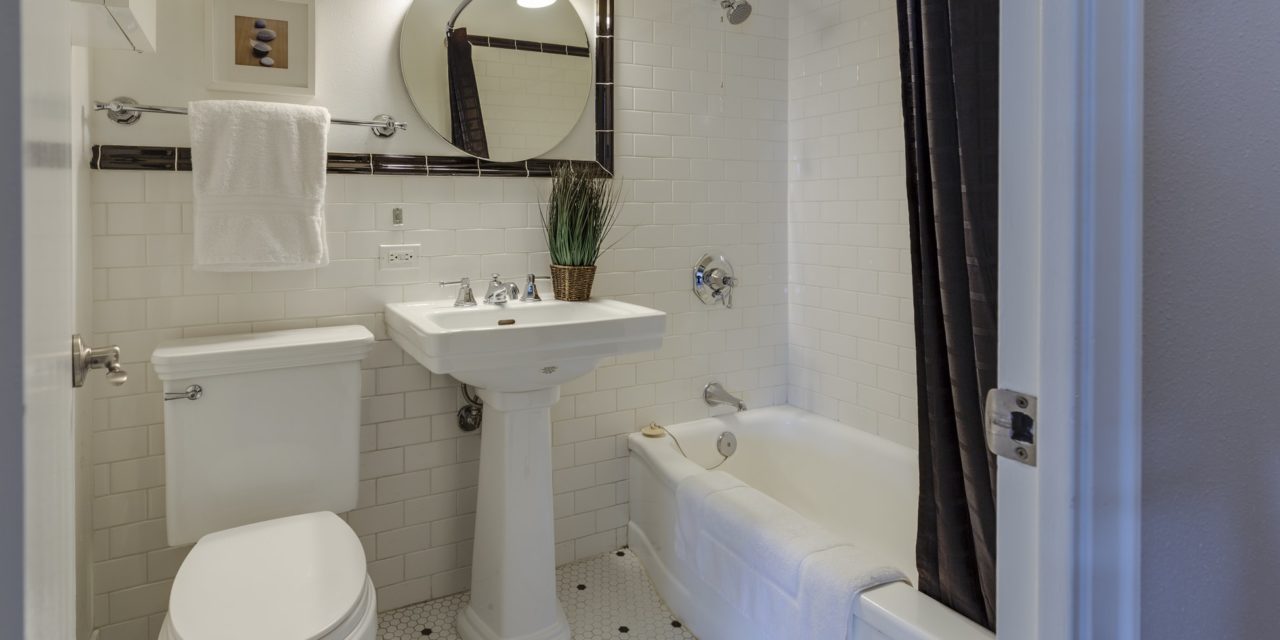[ad_1]
The beginning of Spring means “out with the old and in with the new,” and while it's customary to “Spring Clean” our closets, garages and other areas around the house, too often we neglect cleaning out and updating one of the most important places in our home – the medicine cabinet.
Spring cleaning your medicine cabinet starts with identifying expired medicines, both over-the-counter types and those prescribed by a doctor, which often can deteriorate and be harmful if ingested. Expiration dates are established by manufacturers as their assurance that up until that date, the medication will maintain its potency as manufactured.
However medications also can expire before their expiration date if not stored properly, particularly when they come in contact with humidity, heat, or sunlight that can alter medications, regardless of their expiration date.
Ironically, medicines tend to decompose in places where they are most commonly found – on bathroom shelves or kitchen cupboards – where their exposure to heat and humidity is often greatest. Instead, consider cool, dry and dark places between 59 and 80 degrees such as your refrigerator, a hall closet, or a dresser drawer for safe storage, provided they are out of the reach of children.
In addition to expired medications, remove empty or nearly empty bottles that may not
contain enough medicine for a full dose. Discard items that are not sealed or stored properly. If you have partially used prescriptions, contact your physician to determine if they should be saved.
Never let children or pets locate disposed medicine. Flushing medications down a drain or toilet can contaminate groundwater supplies while discarding them in the garbage ultimately can harm soil. Instead, ask your local pharmacy if it accepts expired medications. Most pharmacies will pass them on to a certified hazardous collection program for proper disposal.
If you need to place medications in the trash, keep them in their original childproof and watertight containers. Leave the label on, but scratch out your name to protect your privacy. Add some water to pills, and put some flour in liquids. Conceal the vials by putting them in empty margarine tubs or paper bags before throwing them out.
With your old medications discarded, re-stock your supplies with the basics: pain relievers, antiseptics, antibiotic ointments and bandages. Anti-inflammatories, medications for diarrhea, nausea, and constipation are also are recommended, as is sunscreen. Update and re-stock your first aid kit with Band-Aids, antiseptic wash, and ointment for springtime scrapes.
Above all, think of your medicine storage space as more than just a place to find something to take care of a headache or pain, but a central location where an adult can access medicines and first aid supplies at any hour of the day or night.
[ad_2]
Source by Dr. Mark Cesta


